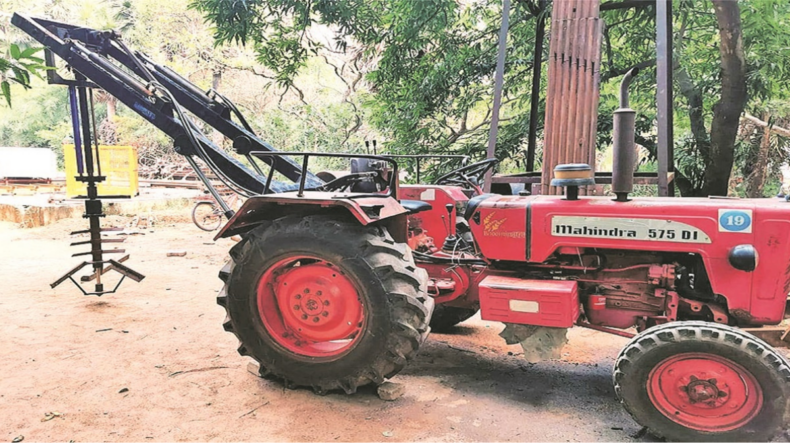A high technology machine has been developed by an IIT Madras start-up that can efficiently do the task of cleaning septic tanks and will put an end to dehumanizing manual scavenging practices in India. 10 units of the machine have already been dispatched to Tamil Nadu, where more workers have died in the past three years during cleaning sewers.

A Start-up from the Indian Institute of Technology (IIT) Madras has effectively built a robotic machine fully capable of cleaning sewer tanks and aims at putting a stop to the practices of manual scavenging. 10 units have been sent to Tamil Nadu and more units will be deployed to Gujrat and Maharashtra next.
This innovation can change the situation completely that exists around manual scavenging in India and the act itself. Stromectol online
According to the official sources, the machine termed ‘HomoSEP’ initiates the homogenization process of the hard sludge present in the septic tanks with the help of its customized rotary blade procedure and with the help of an integrated suction process will pump the slurry.
Sanitation workers will be able to control the robotic machine on their own and to prepare them for the usage, they are going to receive appropriate and relevant guidance and teaching. They will also be made fully aware of any necessary safety protocols. The Start-up team is currently working on these features.
The machine was developed by Divanshu Kumar, a final year Master’s student as part of his final project under the guidance of professor Rajagopal. This device was displayed at the Carbon Zerp Challenge at IIT Madras in 2019.
The project garnered the support of Solinas Integrity Private Limited headed by Divanshu Kumar currently, IIT Madras’ Socially Relevant Projects initiative, and GAIL (India) which is a government-owned and operated natural gas explorer.
The machine currently costs about Rs 20 lakh and has been non-profitably made available to sanitation workers. The first two units of the machine were provided to self-help groups headed by Ruth Mary and Nagamma. Their husbands died while doing the sanitation work. They received the machines via Safai Karamchari Andolan (SKA), an NGO.
A team of researchers is currently focused on working on a compact model of this device that can accommodate the de-sludging set-up, suction system, and storage tank within itself.













